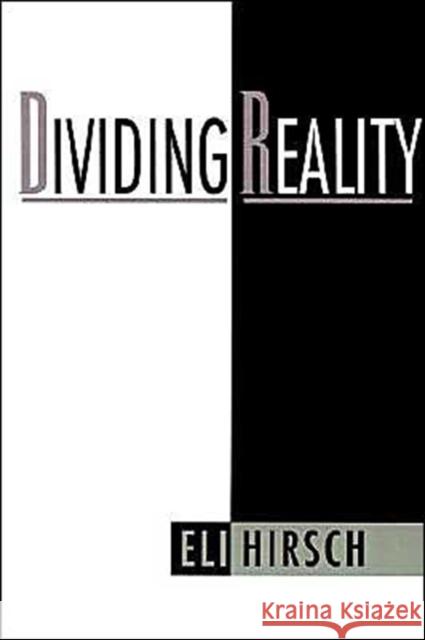Dividing Reality » książka
Dividing Reality
ISBN-13: 9780195057546 / Angielski / Twarda / 1993 / 264 str.
The central question in this book is why it seems reasonable for the words of our language to divide up the world in ordinary ways rather than other imaginable ways. Hirsch calls this the division problem. His book aims to bring this problem into sharp focus, to distinguish it from various related problems, and to consider the best prospects for solving it. In exploring various possible responses to the division problem, Hirsch examines series of "division principles" which purport to express rational constraints on how our words ought to classify and individuate. The ensuing discussion deals with a wide range of metaphysical and epistemological topics, including projectibility and similarity, alternative analyses of natural properties and things, the inscrutability of reference, and the relevance of such pragmatic notions as salience and economy. The final chapters of the book develop what Hirsch contends is the most promising response to the division problem: a theory in which constraints on classification and individuation are seen to derive from the necessary structure of "fine-grained" propositions and the necessary dependence of some concepts on others.











